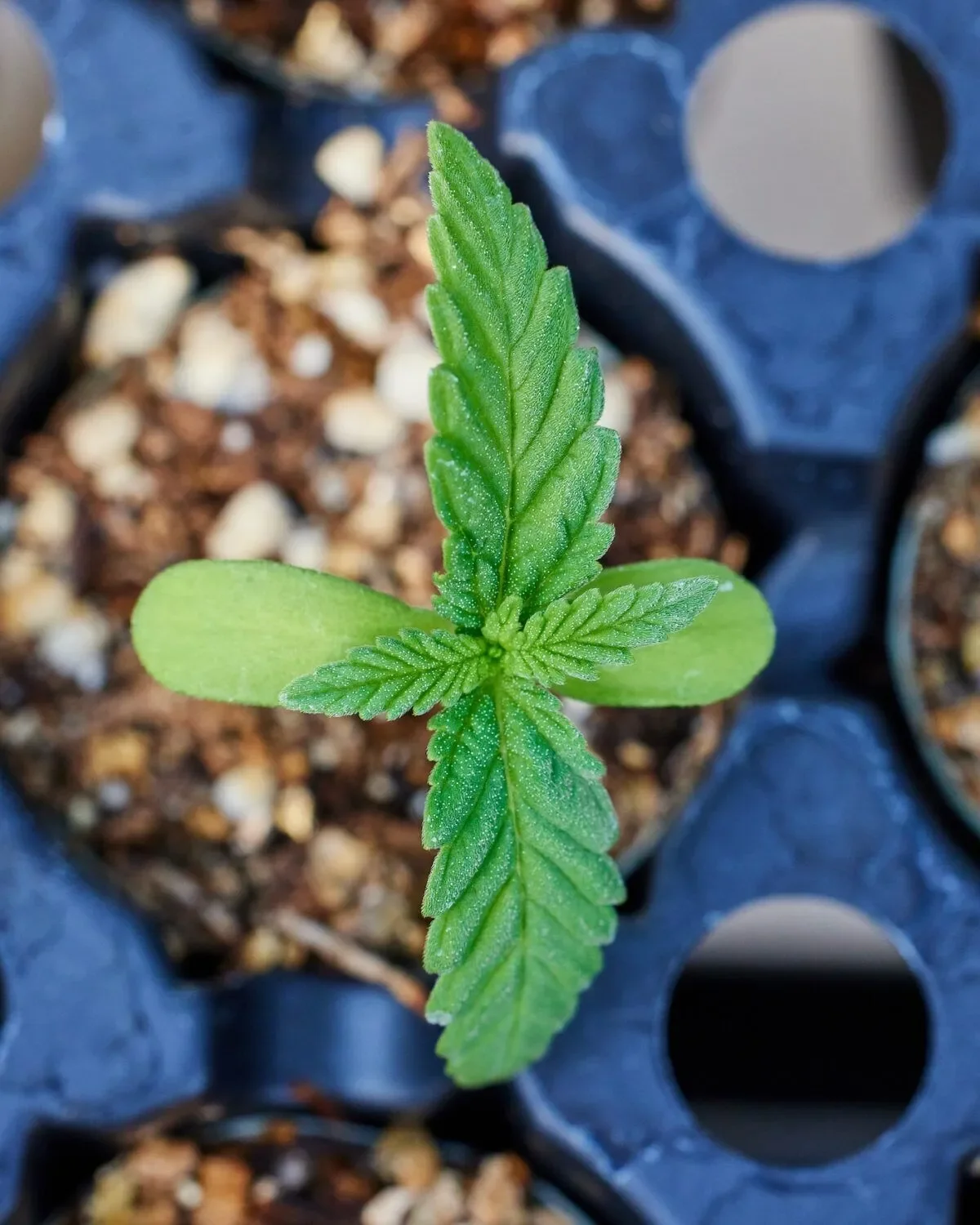We carry Inyanga's THC Tincture, CBD 3:1 Tincture, and CBD 9:1 Tincture. These tinctures are oil based for those who don’t want to consume alcohol. We use an organic extra virgin olive oil and a coconut oil blend and add essential oils for healing power and taste. Our organic cannabis adds cannabinoids and terpenes for cell repair, anti- inflammation and pain relief with peppermint flavor.
In-yãn-ga from the zulu word “nyanga”, is a shaman or witchdoctor that heals primarily with plants and animals.
Inyãnga Farms is nestled in the lush pine forests of Central Oregon. Our 40 acre farm is surrounded by nature and far from the hussle and bussle of the city and it’s pollutants. Our plants breathe clean, pine scented air that is cleansed by the fresh Oregon rain.
All of our plants are grown in humus rich soil rather than hydroponically. I feel that the soil adds flavor and aroma that you just don’t get with hydroponics. Our soil is alive with beneficial microbes, organic matter and composted manure and our plants just love it. It shows in their strong branches, nice green leaves and huge, crystally, flavor-filled buds. We only use organic fertilizers and pesticides on our marijuana and this is evident in the test results we receive from the labs that test our cannabis. When you buy our cannabis products you can rest assured that you are getting extremely high quality, pesticide free marijuana that we use ourselves and also supply to friends and family. Our products are clean and only contain what is on the label, no coloring or additives. Satisfaction guaranteed!
Inyãnga Farms specializes in organic high CBD Cannabis concentrates which are currently available in medical marijuana dispensaries in Oregon.
This site is also an information center for learning more about cannabis and all of its amazing properties, please visit our blog for interesting stories and tidbits on the cannabis world.
Here is a great testimonial about their product:
"I was diagnosed with thyroid cancer when I was 21 and my entire thyroid was removed followed by radiation. In early 2016 (ten years after my initial diagnosis), doctors found a nodule where my thyroid had been removed and lab work showed an elevated tumor marker hormone level. Thyroid cancer has a high recurrence rate and it looked like the cancer might have come back. The nodule was too small to biopsy to know for sure, so my doctors opted to wait 3 months then check again for any growth or changes.
Several months prior I had also started experiencing severe abdominal pains, lower back pain, nausea and lack of appetite. My doctors were also exploring possibilities of Crohn's Disease, IBD, and endometriosis.
I've suffered from migraines since I was 6 years old and last year started using Inyanga Farms CBD Tincture for really brutal migraines which were occurring a few times a month every month. The CBD tincture is a powerful elixir when I need to crawl into a dark room and knock out the pain and nausea, but isn't practical for me for functional day time use. A few months ago, I started using Inyanga Farms CBD Max 9:1 Tincture during the day for abdominal and gastrointestinal pain and nausea on a daily basis. In addition to ameliorating the abdominal pain and suppressing my nausea, I was also migraine free for 3 months. But the most exciting effect of the CBD Max is that I recently had my thyroid cancer check-up and the nodule was gone and the tumor marker hormone level was undetectable!
I'm sure my doctor won't say for certain that the CBD tincture contributed to the disappearance of the nodule and lowering the tumor marker hormone levels, but I can say for certain that Inyanga Farms' CBD line has positively changed my life. A friend of mine also recently found a nodule in her thyroid and I will be sharing this medicine with her. I can't recommend Inyanga Farms' medicine more highly and their CBD tinctures are must haves in my daily health regimen. Thank you Inyanga Farms for making this medicine and sharing it with Oregon!"
Learn more about Inyanga on their website: http://inyangafarms.com/





